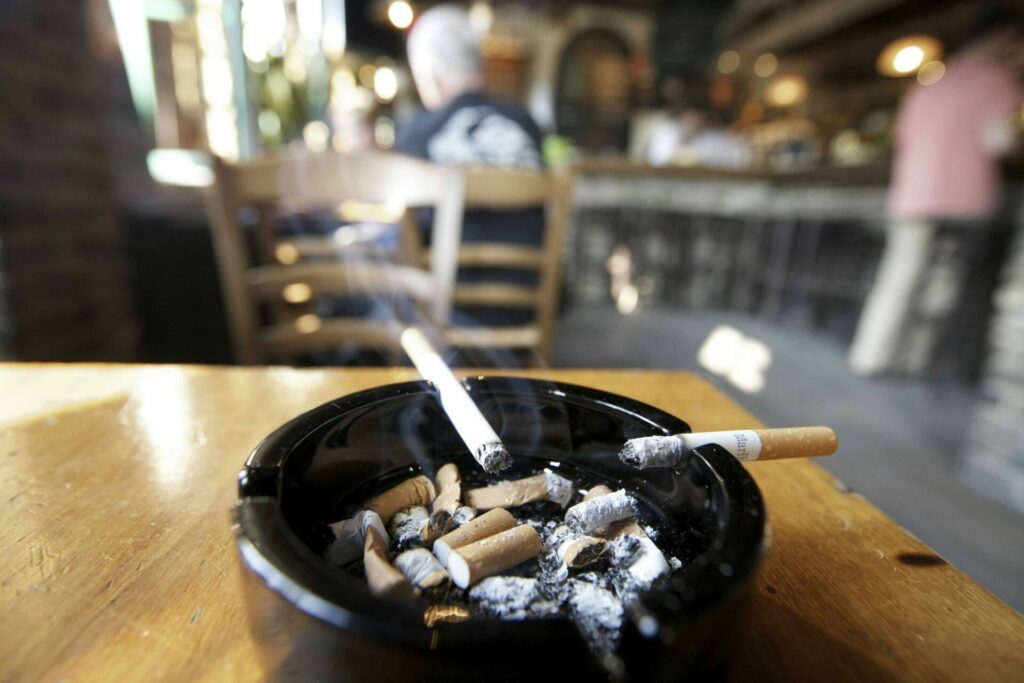New Zealand's parliament voted through the first draft of a bill that will make it illegal for people born after 2009 to purchase tobacco on Tuesday.
With the world's strictest tobacco laws, New Zealand is pushing forward its ambition to create the world's first smoke-free generation.
The legislation will restrict the sale of tobacco to specialised tobacco stories and will no longer be available in local shops or supermarkets. However, vaping remains untouched in the bill.
A signal to the tobacco industry
According to New Zealand's government, the legislation sends a strong signal to the tobacco industry. "For decades, manufacturers have solidified their market share by making their products more and more addictive and deadly. It's disgusting," said Deputy Health Minister Ayesha Verral.
"Our priority in introducing this bill is to protect what is valuable: our people, our families and our communities."
Concerns
A first draft of the bill was almost unanimously passed in New Zealand's government. However, opposition parties had concerns about how the restrictions would be implemented.
"There is great uncertainty about the results of the proposed policy, which has not yet been tested," said Matt Doocey, an opposition member of the New Zealand National Party.
New Zealand's Greens are worried about the draft, citing concerns that a criminal ban would push the tobacco indusrty into crime.
Related News
- Flemish Health Council calls for reform of how e-cigarettes are sold
- WHO: Tobacco industry has “disastrous effect” on environment
The Greens also have doubts about the bill. According to them, a criminal ban would push the tobacco industry into crime.
Despite these concerns, the law is expected to enter into force in 2023, reflecting a broader trend in New Zealand, as the government aims for the country to be smoke-free by 2025.
"A person who is now 14 years old will never legally obtain cigarettes," Verrall said when announcing the plans in December 2021.
Tobacco in the EU
Across the EU, Member States have banned smoking in indoor workplaces, including in restaurants and bars. The EU itself requires health warnings on cigarette packages, but has yet to completely ban the practise.
Increasing tobacco excise taxes and prices is the single most effective and cost-effective measure for reducing tobacco use, according to the WHO.
Tobacco use kills eight million people every year and is the leading cause of preventable deaths globally.

